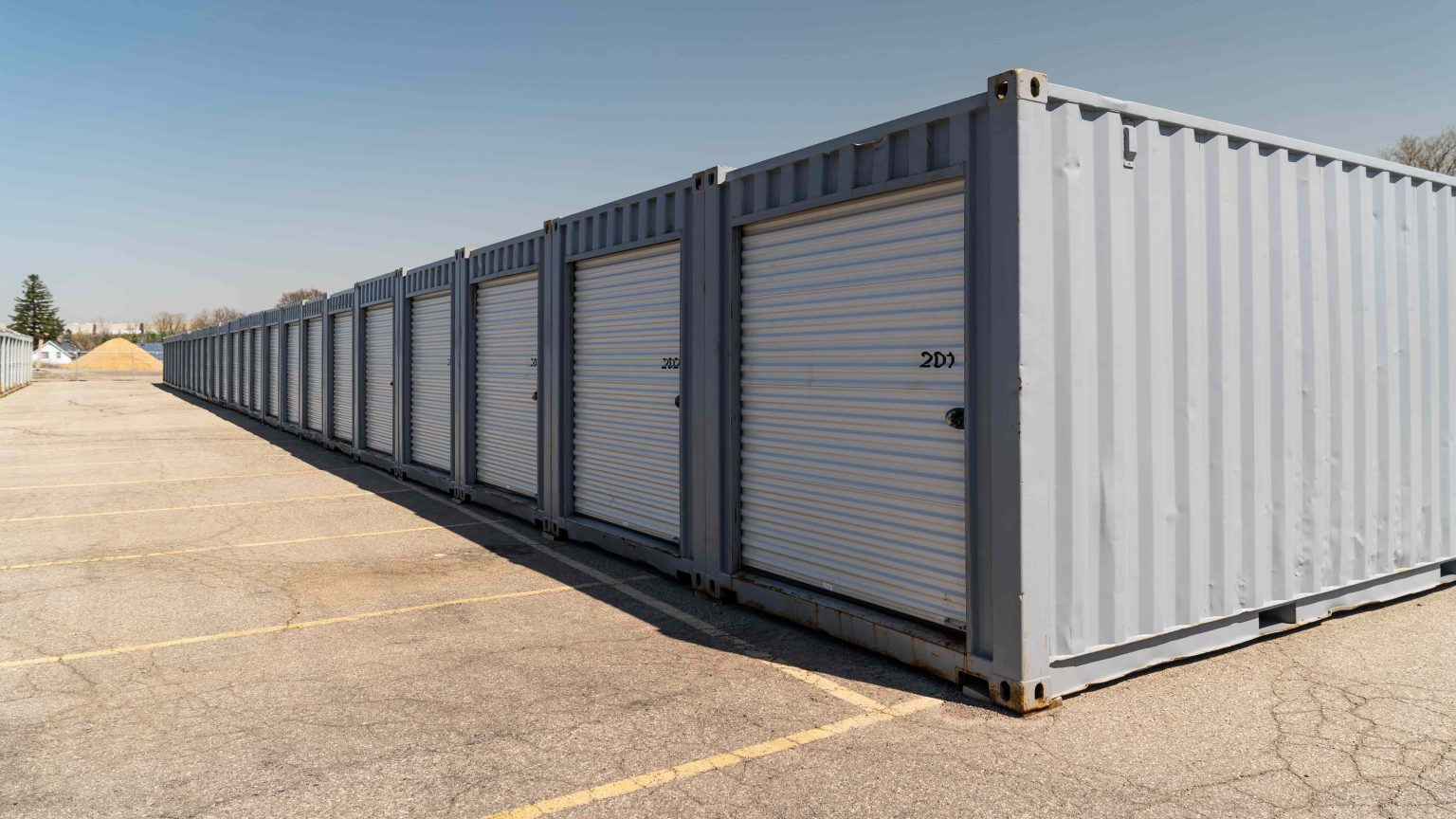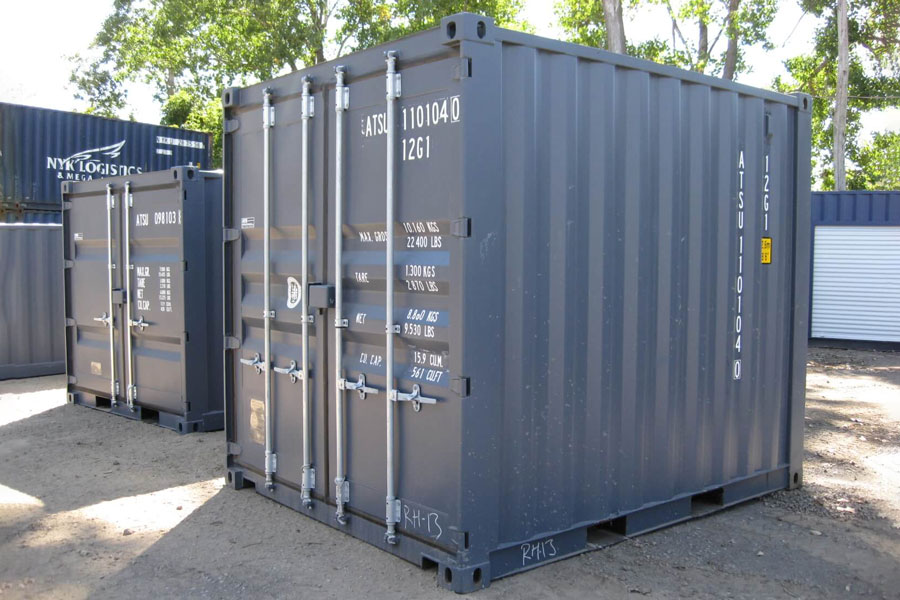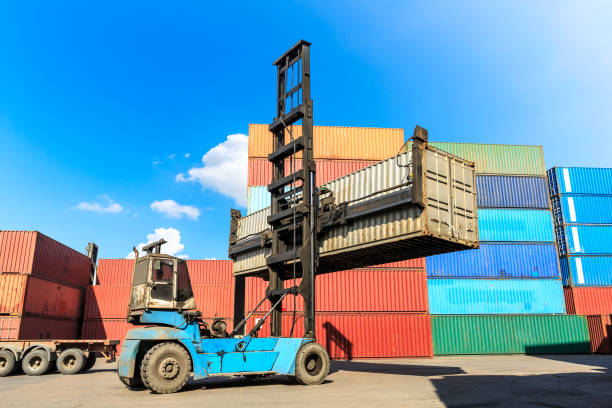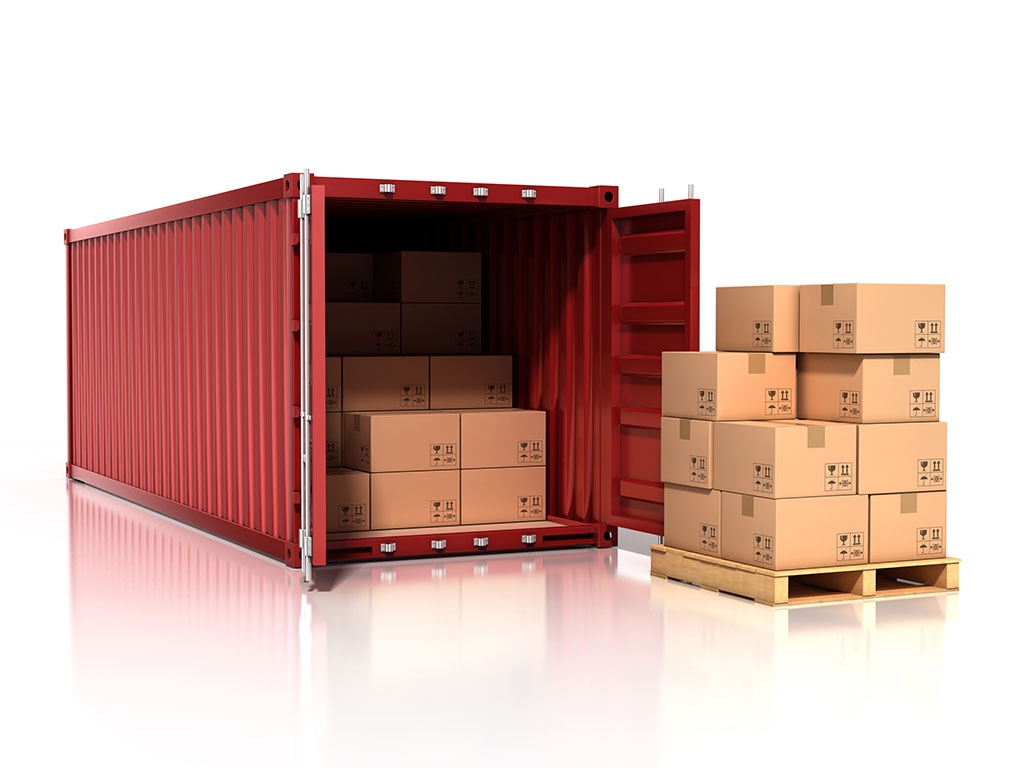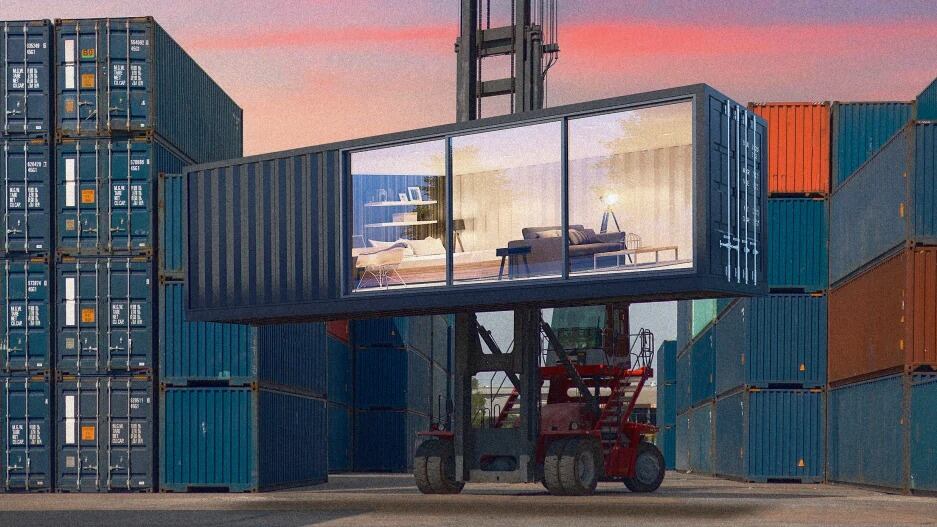As global trade continues to grow, logistics and supply chain management have become increasingly complex. Companies are constantly seeking ways to reduce costs, improve efficiency, and increase profitability. One often-overlooked solution is the use of intermodal containers. In this comprehensive guide, we’ll explore the benefits of intermodal containers and provide actionable insights on how they can save you money.
What are Intermodal Containers?
Intermodal containers are standard-sized shipping containers designed to be transported by multiple modes of transportation, including ships, trains, trucks, and planes. These versatile containers are used for international and domestic cargo transportation, enabling seamless transition between different modes of transportation. Intermodal containers are typically made of steel and vary in size, with standard dimensions of 20 and 40 feet.
Benefits of Intermodal Containers
The use of intermodal containers offers numerous benefits for logistics and supply chain management. Some of the key advantages include:
- Cost savings: Intermodal containers reduce the cost of transportation by allowing cargo to be transported over long distances using trains and ships, which are more fuel-efficient than trucks.
- Increased efficiency: Intermodal containers facilitate the movement of cargo between different modes of transportation, reducing transit times and increasing the speed of delivery.
- Improved security: Intermodal containers provide a secure and sealed environment for cargo, minimizing the risk of theft, loss, or damage.
- Environmental benefits: The use of intermodal containers reduces carbon emissions by promoting fuel-efficient transportation and minimizing the number of trucks on the road. Container homes
How Intermodal Containers Can Save You Money
In today’s competitive business environment, companies are constantly seeking cost-cutting strategies without compromising on service quality. Intermodal containers can help reduce transportation costs, streamline logistics, and improve supply chain efficiency. Here are some ways intermodal containers can save you money:
- Reduced fuel costs: By using trains and ships for long-distance transportation, intermodal containers reduce fuel consumption, saving companies on fuel costs.
- Lower labor costs: Intermodal containers simplify the transportation process, reducing the need for manual loading and unloading, and minimizing the risk of cargo damage.
- Reduced insurance costs: The secure and sealed environment of intermodal containers minimizes the risk of damage or loss, resulting in lower insurance premiums.
- Increased cargo capacity: Intermodal containers can be easily stacked and combined to increase cargo capacity, reducing the need for multiple vehicles and minimizing transportation costs.
- Improved routing and scheduling: The use of intermodal containers enables companies to optimize their transportation routes and schedules, reducing transit times and increasing efficiency.
Case Study: Equip Intermodal
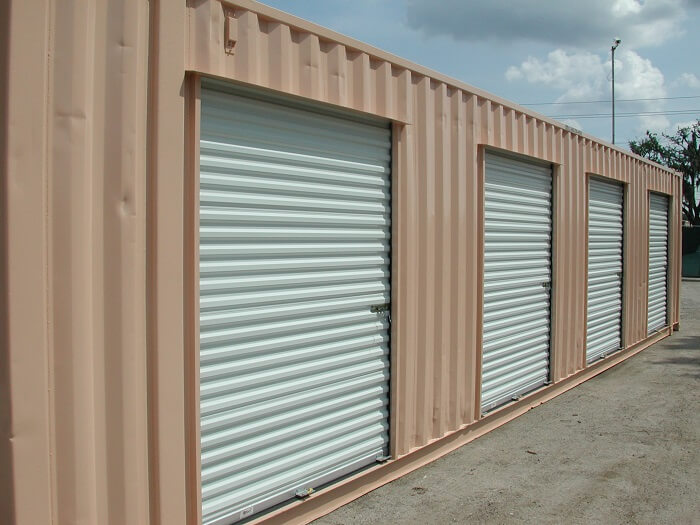
Equip Intermodal, a leading provider of intermodal containers and logistics solutions, has seen significant cost savings and efficiency improvements by utilizing intermodal containers. According to their website, Equip Intermodal has reduced transportation costs by 30% and increased cargo capacity by 25% by using intermodal containers. Their expertise in intermodal logistics has enabled them to streamline supply chain operations, improve delivery times, and reduce carbon emissions.
Industry Examples:
The use of intermodal containers is not limited to a specific industry or sector. Here are some examples of companies that have successfully implemented intermodal containers:
- Maersk Line: Maersk Line, one of the world’s largest container shipping companies, has implemented an intermodal container network to reduce transportation costs and improve efficiency.
- Union Pacific Railroad: Union Pacific Railroad, a leading North American railroad company, has invested in intermodal facilities to increase cargo capacity and reduce transportation costs.
- Amazon Logistics: Amazon Logistics, a division of Amazon, has implemented an intermodal container network to streamline their delivery operations and reduce costs.
Implementing Intermodal Containers: Best Practices
To achieve the full benefits of intermodal containers, companies must adopt best practices for implementation. Here are some key considerations:
- Standardize equipment: Standardize equipment and processes to ensure seamless communication and coordination between different modes of transportation.
- Develop strategic partnerships: Develop strategic partnerships with intermodal container providers, logistics companies, and transportation operators to optimize supply chain operations.
- Optimize routes and schedules: Optimize transportation routes and schedules to reduce transit times and increase efficiency.
- Train personnel: Train personnel on the safe handling and operation of intermodal containers to minimize the risk of damage or loss.
- Monitor and evaluate performance: Continuously monitor and evaluate the performance of intermodal containers to identify areas for improvement and optimize supply chain operations.
Conclusion
The use of intermodal containers is a strategic decision that can save companies money, improve efficiency, and reduce environmental impact. By understanding the benefits of intermodal containers and adopting best practices for implementation, companies can optimize their supply chain operations and achieve a competitive edge in the global market. Whether you’re a logistics and supply chain expert or a business owner looking to reduce costs, intermodal containers are an essential consideration for any organization looking to succeed in today’s fast-paced business environment.

